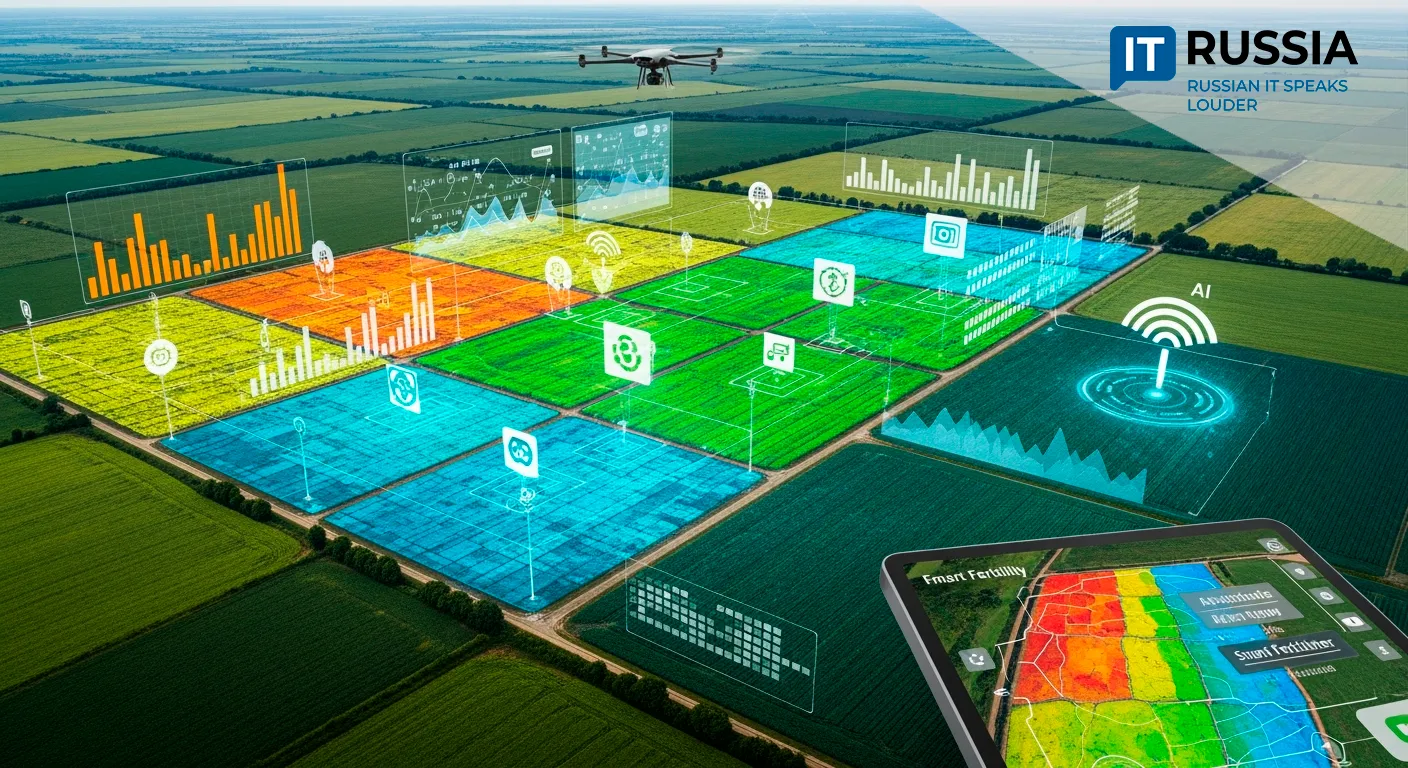IT Accelerator: Russia’s Digital Economy Finds a Sustainable Front-runner

In the era of digital transformation, integrating IT solutions into business processes has become more than just a growth strategy—it’s now a competitive necessity. This demand is fueling the expansion of Russia’s tech market and redefining the country’s economic trajectory.
IT takes the lead
In the first quarter of 2025, Russia’s IT market grew by over 15%, outpacing the national economic growth rate by a factor of two. The total value of goods, services, and solutions delivered in the information and communications technology (ICT) sector exceeded 1.886 trillion rubles (approximately $21 billion). At the same time, investments in the fixed assets of Russian IT companies approached 120 billion rubles, according to a study by the Higher School of Economics.
This isn’t a sector quietly supporting economic growth—it’s leading it. The Russian IT industry is in the midst of a boom reminiscent of the Soviet Union’s scientific golden age, only now it’s powered by large language models, advanced algorithms, and cloud infrastructure rather than rockets and nuclear reactors.

This leap reflects a broader national strategy: not just to achieve technological sovereignty, but to become a recognized leader in ICT.
Digital sovereignty as a growth engine
A cascade of global events—pandemics, geopolitical shifts, sanctions—has catalyzed a massive transformation in Russia’s digital landscape. The departure of global IT giants has accelerated the country's push for technological independence. Today, Russian-made software, communication systems, office suites, and industrial platforms are quickly filling the void. What’s notable is that companies aren't making the switch from Microsoft, Oracle, or Zoom under duress—they’re doing it out of pragmatic interest.
Solutions from Rostelecom, Sber, Mail.ru Group, Yandex, and a wave of new startups aren’t just filling gaps; they’re raising the bar. Russian platforms are becoming faster, more reliable, and more secure. And in an era where data is a strategic asset and cyberattacks a national threat, digital sovereignty is no longer a buzzword—it’s a cornerstone of national security.

A booming sector attracting young talent
With the ICT sector expanding, the number of professionals working in it has grown as well. Over 1.5 million Russians are now employed in tech, with nearly 9% growth last year—virtually all driven by IT.
The appeal is clear: higher wages and better career prospects. In 2024, the “Digital Breakthrough. AI Season” hackathon drew more than 7,800 participants, including developers, analysts, engineers, and students. These weren’t just academic exercises—the challenges came from the Central Bank, the Federal Customs Service, Rutube, and the Ministry of Health. Each problem reflected real-world tasks faced by government agencies and businesses.
Such events aren’t just talent showcases. They function as incubators for future leaders of the digital economy—practical testing grounds for next-gen innovators.

Public investment and global ambitions
Workforce development in the ICT sector is a core pillar of Russia’s national “Digital Economy” project. The government is taking a hands-on role in fostering this ecosystem—from training programs and legal frameworks to infrastructure investments.
On July 22, the Russian State Duma passed a new law regulating platform-based digital business models. Set to take effect in 2026, the legislation is designed to protect domestic IT market participants and encourage innovation.
Private investment continues to grow, too, thanks to robust public-private partnerships that are speeding up the adoption of homegrown innovations. The next step? Scaling Russian IT solutions globally. Already, cloud platforms, AI analytics, manufacturing control systems, and telecom tools are being piloted in CIS nations, Eastern Europe, and BRICS countries.
Russia’s digital economy is no longer a “project.” It’s a fast-moving train—and IT is the locomotive powering its transformation.










































